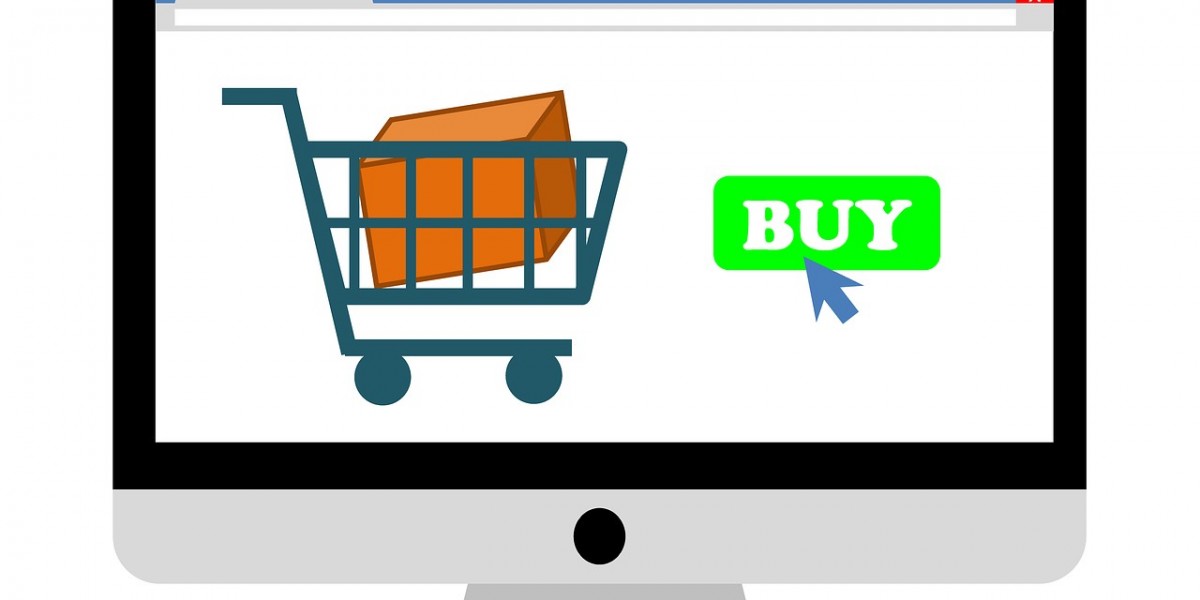Influencer Marketing for Retail Sales Success
In today's digitally driven society, Influencer Marketing has emerged as a powerful tool for retail sales success. Defined as the strategy of leveraging the reach of popular figures on social media platforms to promote a brand or product, Influencer Marketing has the potential to catapult your retail business to new heights.
Why Influencer Marketing?
Influencer Marketing connects consumers directly with the brands, creating a personal touch that traditional marketing strategies often lack. People trust recommendations from individuals they admire or relate to, and influencers are perfectly positioned to provide these endorsements. By combining their genuine passion for a product with their strong personal brand, influencers can increase your retail sales significantly.
Identifying The Right Influencers
Identifying the right influencers is crucial to the success of your retail sales strategy. Brands must consider the influencer's reputation, follower demographic, engagement rates and alignment with the brand's own values. The optimal influencer is one who is able to effectively communicate your brand's message to their followers in a way that seems authentic, thereby generating interest in and ultimately driving sales of your product.
Successful Influencer Marketing Campaigns
Successful influencer marketing campaigns are characterized by clear goals, careful planning, creative execution and monitoring for impact. Incorporating influencers into your marketing plan requires seamless collaboration between brand and influencer, as well as continuous adaptation to trends and market changes. Above all, they necessitate an understanding of the consumers' needs, interests and desires.
Measuring The Success of Influencer Marketing
To quantify the success of your influencer marketing campaigns and assess their impact on retail sales, you can use metrics such as website traffic, social media engagement, impressions, sales and conversions. Yet, the true measure of success often lies beyond these numbers. The relationship built with customers and the positive brand image fostered through these partnerships can significantly outweigh immediate sales metrics and result in long-term, sustained growth.
Overcoming Challenges in Influencer Marketing
Influencer marketing is not without its challenges, including finding authentic influencers, measuring ROI, avoiding controversies, and dealing with competitive markets. However, the potential for substantial growth and the evolution of digital marketing tools and platforms make tackling these challenges worthwhile. Empowered with the right strategy, a targeted approach, and an understanding of your audience, the benefits of influencer marketing for retail sales success are extensive and achievable.
Conclusion
In a world where consumers value authenticity and connection, influencer marketing has emerged as a critical aspect of retail success. With the right influencers and a clearly outlined strategy, the retail sector can reap significant gains from influencer marketing. From increasing brand visibility to boosting sales, the potential benefits are multiple and profound. Thus, by embracing this digital revolution, retailers can not only stay ahead in the competitive markets but also build long-lasting relationships with their consumers, positioning themselves for sustained success in the modern retail landscape.



